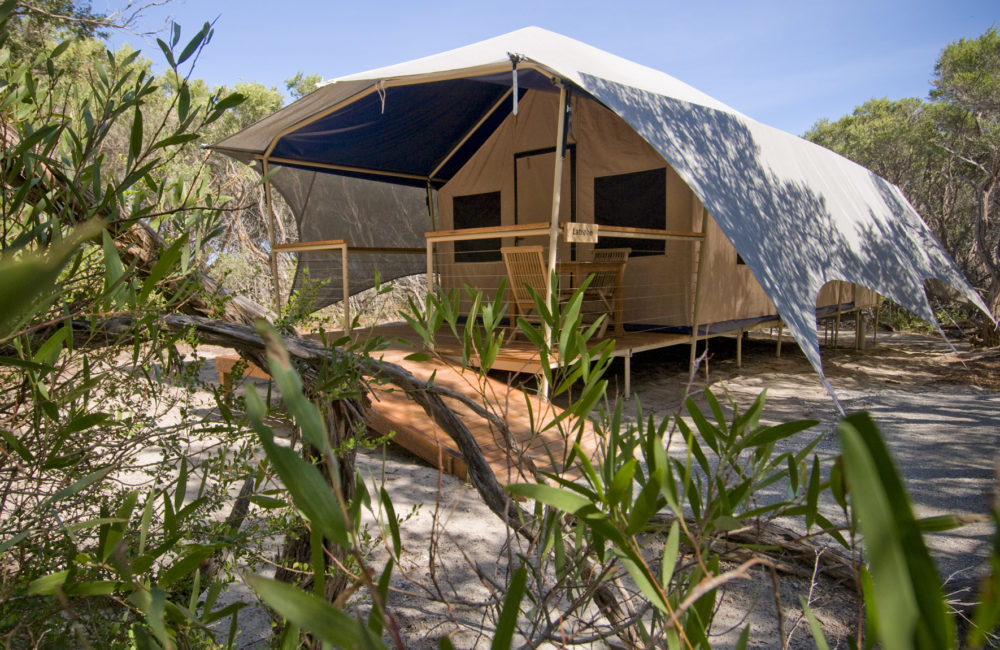By Neena Bhandari
Wilson’s Promontory (Victoria, Australia) On a balmy summer morning, we snake our way through the wide Melbourne roads, yet to be inundated with rush hour traffic. The shutters in this city of urban flair are still down, apart from a few cafes where early risers are enjoying hot breakfast on cobbled pavements and joggers are making the most of the crisp morning breeze.
We are heading to the Wilsons Promontory National Park, the southernmost tip of mainland Australia. I am filled with a sense of excitement and adventure, similar to the one felt during those short getaways from Delhi to the national parks and sanctuaries of Rajasthan and Haryana.

